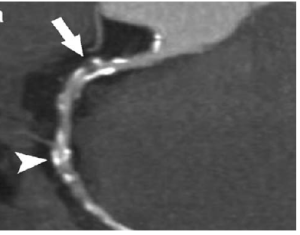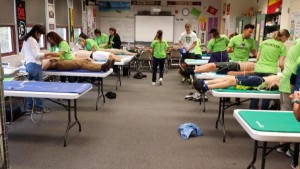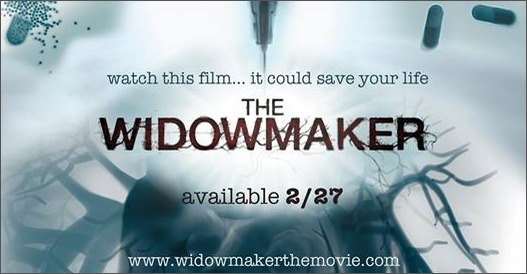Ultrasound technology is not exactly new, but it never ceases to amaze me.
First developed in the 1950’s, medical ultrasound technology uses the fact that different tissues and fluids in the body reflect sound waves differently. If an ultrasound source is applied over the chest, the sound will be reflected back from different parts of the heart in a way that can be analyzed to reconstruct an image of the heart in real time.
Because of the clarity and reliability of the image produced, echocardiography has become an indispensable tool of cardiac diagnosis and has allowed doctors to “see” directly what they previously had to imagine, deduce, or guess: the size of the heart chambers, the pumping strength of the heart muscle, the health and function of the heart valves, the presence of fluid build up around the heart, the size of the aorta and other major vessels, and many other important cardiovascular features. Having all this information at the tip of our fingers would have been unimaginable to cardiologists of a generation or two ago.
What’s more, the procedure itself—as far as the patient is concerned—is completely safe and painless. The technician applies some gel on the chest, which allows the ultrasound probe to have better contact with the skin. The probe itself is like a speaker and microphone in one piece, transmitting and receiving the sound waves which are immediately analyzed and displayed on a monitor.
Of course, there is a great deal of skill involved in obtaining good images. Because the heart is surrounded by ribs and lung tissue which interfere with the ultrasound images of the heart, one must find adequate “windows” to take a peak at the heart.
The procedure for a complete echocardiogram takes about 30 minutes or so.




